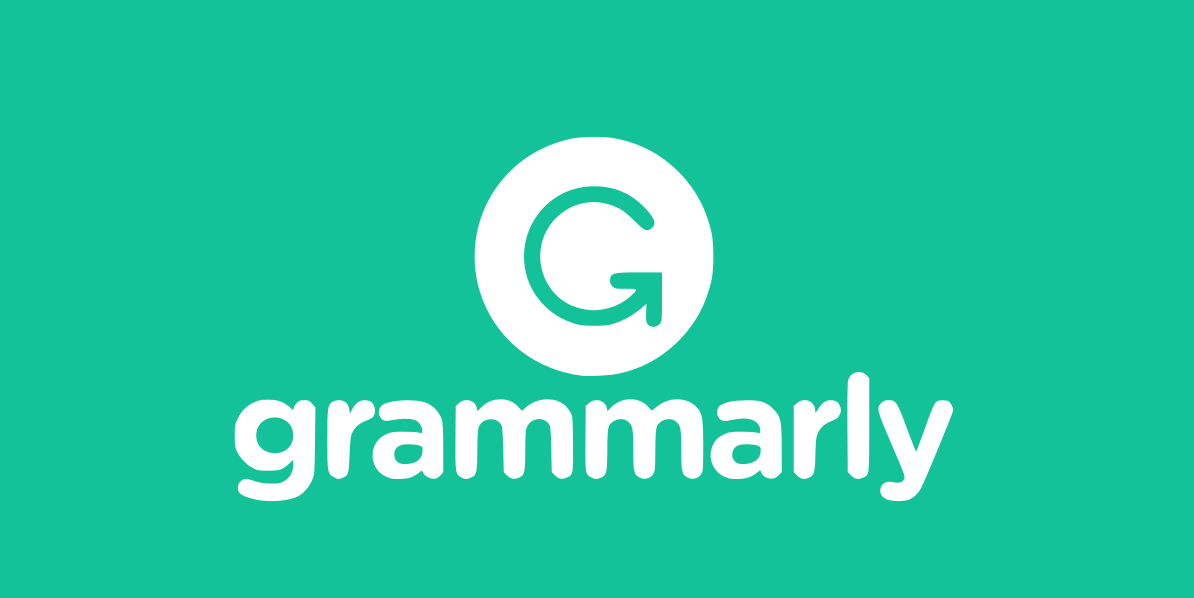An Open Letter to Grammarly: A Power User's Wishlist for the Ultimate Writing Assistant
Exploring GrammarlyGO's potential and envisioning a future of nuanced, context-aware AI writing assistance.
Dear Grammarly Team,
I trust this message finds you well. As a dedicated user and a fan of Grammarly since July 08, 2015 (paid user since May 18, 2017), I appreciate the value your platform brings to my writing process. Over the years, Grammarly has significantly improved the way I communicate and express my ideas, and for that, I am immensely grateful.
My commitment to Grammarly is reflected in my usage statistics. I have been a paid customer for over six years, with an impressive writing streak of 237 weeks. I have unlocked the 280 rank badge in achievements, including the 'Breakfast Champion' after 220 weeks of activity, 'Writing Legend' after 208 weeks, and 'Bicentennial Boss' after 200 weeks, to name a few. I am also on the verge of unlocking the 'Rare Bird' achievement after 280 weeks of activity.
In terms of productivity, I have consistently been more productive than 96% of Grammarly users, with over 9.7 million words analyzed since July 8, 2015. My mastery and vocabulary usage also rank high, with my accuracy being higher than 86% of Grammarly users and my unique word usage surpassing 96% of users.
As you can see, I am not a casual user of Grammarly. I have extensive experience with the platform and a deep understanding of its features and capabilities. This is why I believe my feedback and suggestions could provide valuable insights for further developing and improving the generative AI implementation of GrammarlyGO.
Recently, I've had the opportunity to explore the new GrammarlyGO feature. While I commend the innovative approach to on-demand generative AI communication assistance, my experience with it has been somewhat mixed. Despite my initial enthusiasm, I've found that the current implementation of GrammarlyGO doesn't quite meet my needs as a writer. Its functionality, in its present form, feels somewhat limited and clunky, and it hasn't been as helpful as I had hoped. As a result, I find myself using it less and less. However, there are several areas where this feature could be significantly enhanced to provide a more comprehensive, context-aware, and user-friendly experience.
In-Depth Analysis and Critiques:
At present, GrammarlyGO offers valuable templates and prompts for a variety of writing tasks. These tools are certainly useful, but they operate within a somewhat limited scope, primarily generating text based on predefined templates. While this approach provides a good starting point, it doesn't fully leverage the potential of AI in providing nuanced, context-aware feedback and suggestions.
In light of this, I believe there's an opportunity to elevate the platform's capabilities by introducing more sophisticated critique features. For instance, I envision a GrammarlyGO that can provide a comprehensive critique of an essay, mirroring the depth and nuance a human editor might offer. This would include feedback on writing style, language usage, flow, argument structuring, and the identification and reduction of redundancies and repetitions.
Essentially, I'm suggesting a feature that would allow GrammarlyGO to serve as a virtual writing coach, offering insights and suggestions that go beyond grammar and syntax, delving into the art of composition itself. This would transform GrammarlyGO from a template-based text generator into a more dynamic and intelligent writing assistant.
Contextual Understanding:
Currently, GrammarlyGO's ability to understand the context of a document and provide specific feedback feels somewhat rudimentary. The responses often seem canned and detached from the actual body of text I'm working on, which limits the tool's effectiveness as a writing assistant.
However, I envision a future where GrammarlyGO acts more like an editorial assistant, deeply understanding the context of my document, and providing specific, tailored feedback on redundancies, repetitions, and other aspects of my writing. This level of contextual understanding would be a game-changer, transforming GrammarlyGO from a template generator into a personalized writing coach that would enhance the writing experience for all Grammarly users.
This isn't just about making GrammarlyGO smarter; it's about making it more empathetic and attuned to the nuances of individual writing styles and contexts. It's about bridging the gap between what GrammarlyGO is now and what it could be—a genuinely personalized AI writing assistant.
Section-Specific Requests:
As it stands, once a generated text is inserted into a document, the ability to interact with it in a meaningful way is somewhat limited. For example, I can't select a specific paragraph or sentence and ask GrammarlyGO for a rewrite or a tone change. This lack of flexibility can be frustrating, as it prevents me from fully utilizing the AI's capabilities to refine and improve my writing.
Ideally, I would like to see GrammarlyGO evolve into a tool that allows for more granular, section-specific requests, enabling users to refine their writing on a micro level and enhancing the precision and effectiveness of their communication. Imagine being able to highlight a paragraph and ask GrammarlyGO to rewrite it in a more persuasive tone, or to simplify a complex sentence without losing its original meaning. This level of interaction would not only enhance the flexibility and usefulness of GrammarlyGO, but it would also make the writing process more dynamic and engaging.
By allowing users to make specific requests and receive tailored responses, GrammarlyGO could become more than just a writing assistant—it could become a collaborative partner in the writing process.
User Interface and Interactivity Enhancements:
The current layout of the Grammarly workspace, with its three-section design, is intuitive and user-friendly. The body of the text, the suggestions and interaction space, and the sidebar all serve their purposes well. The way GrammarlyGO appears within this layout is also commendable.
However, when it comes to the features I've described in the sections on In-Depth Analysis and Critiques, Contextual Understanding, and Section-Specific Requests, I believe there's room for improvement in the interactivity of the GrammarlyGO chatbox output.
Currently, the chatbox provides two options: "insert" and "rephrase." While these are useful, they don't fully utilize the potential of the chatbox as an interactive tool. Imagine if the chatbox could offer more options, similar to how the Grammarly tools work for correctness, clarity, engagement, and delivery. Users could have the ability to make more specific requests, receive tailored suggestions, and interact with the AI in a more dynamic and engaging way.
By enhancing the interactivity of the GrammarlyGO chatbox, Grammarly could provide a more comprehensive and personalized user experience, integrating these features seamlessly into the existing UI and making them as intuitive and user-friendly as the rest of the Grammarly platform. It's not just about adding new features—it's about integrating these features seamlessly into the existing UI and making them as intuitive and user-friendly as the rest of the Grammarly platform.
Desktop App Integration:
One aspect that I've noticed is that the GrammarlyGO feature is currently exclusive to the web version of Grammarly. This limitation is somewhat puzzling, especially considering that the user interface on the web and the desktop app are virtually identical.
As a frequent user of the desktop app, I find this exclusion to be a significant inconvenience. The desktop app offers a more stable and streamlined writing experience, free from the distractions and potential instability of a web browser. Therefore, not having access to the GrammarlyGO feature within the app feels like a missed opportunity.
I believe that integrating GrammarlyGO into the desktop app would significantly enhance its accessibility and usability, ensuring a consistent user experience across all platforms, which is a key aspect of user experience design. It would allow users like myself, who prefer the desktop app for its stability and convenience, to fully utilize the innovative features of GrammarlyGO. This would ensure a consistent user experience across all platforms and further solidify Grammarly's position as a comprehensive writing assistant.
I believe that these enhancements could significantly augment GrammarlyGO's functionality and user experience, taking Grammarly's transformative impact to even greater heights. The integration of in-depth analysis and critiques, improved contextual understanding, section-specific requests, enhanced user interface and interactivity, and desktop app integration would not only redefine how users interact with their written work but also set a new standard in the industry.
I understand that implementing these changes would require considerable effort and resources. However, I genuinely believe that these enhancements could be a game-changer for Grammarly and its users. They would transform GrammarlyGO from a helpful writing tool into a comprehensive writing partner capable of providing nuanced, context-aware feedback and suggestions that go beyond grammar and syntax.
I am excited about the potential of Grammarly and look forward to seeing how it continues to evolve and improve. I hope you will consider these suggestions and look forward to hearing your thoughts on these potential enhancements. Thank you for your time, consideration, and continued commitment to improving the writing experience for users like myself.
Thank you for your time and consideration.
Best regards,
Muju 6.0
Unintuitive Discourse






